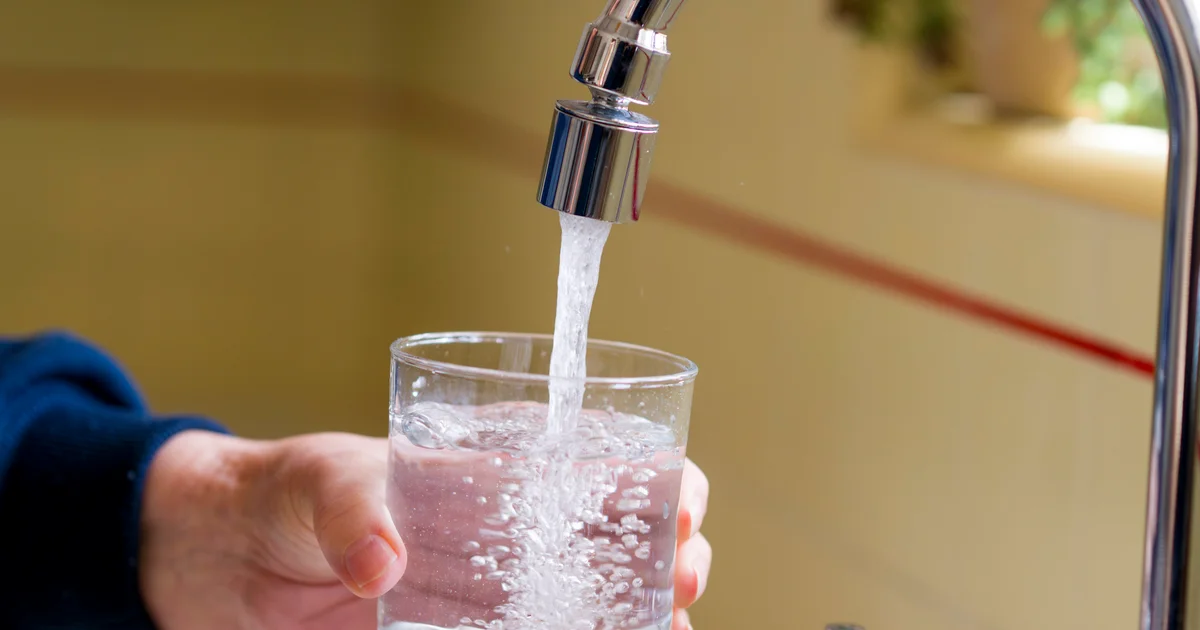Copyright CBS News

The water in seven homes in Madison Heights, Michigan, was found to have higher than acceptable levels of lead after a recent round of testing, city officials said. In response to the circumstances, city officials are reminding residents that any home known to have water service lines made with lead is eligible to have those lines replaced at no cost. "It's important to note that Madison Heights' water source does not contain lead. However, lead can enter drinking water through lead service lines," the city's press release said. Lead pipes are more likely to be found in older cities and homes that were built before 1986, the U.S. Environmental Protection Agency says. In cases where the water has high acidity or low mineral content, lead pipes and fixtures that were commonly used years ago in construction might corrode. The EPA said young children and infants are vulnerable to health impacts such as learning problems, slowed growth and anemia from exposure to lead, whether that be from paint, dust or drinking water. Community water systems are required to provide an annual water quality report that explains what is being done to reduce the risk of lead in their water, the EPA said. As part of its most recent annual testing for lead and copper, Madison Heights said it collected water samples from 30 of the 140 homes in the city that are known to still have lead service lines. Of the 30 homes tested, seven were found to have lead levels exceeding the acceptable limit of 12 parts per billion (ppb). This met the criteria for the Michigan Department of Environment, Great Lakes, and Energy to require a public notice and outreach efforts, step up the frequency of sampling, and arrange for service line replacements, the city said. The city said it has been replacing city-owned water mains and private lead service lines in excess of 5% per year, and will now step that up to 7% a year.



